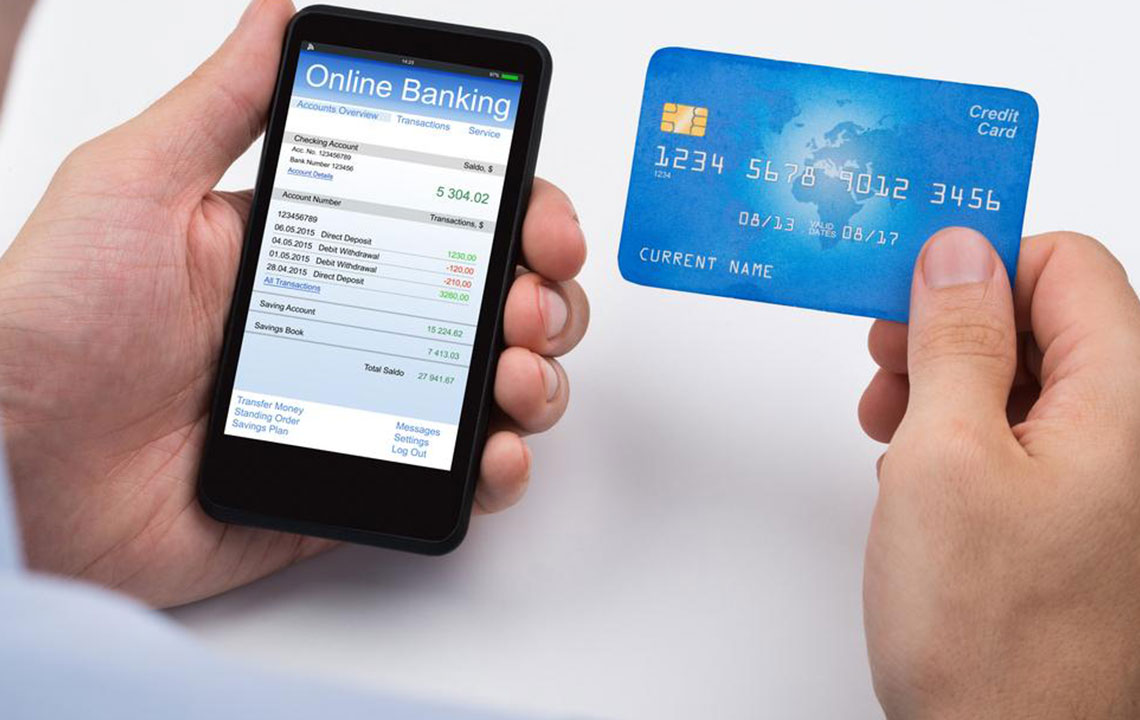Comprehensive Guide to Online Debt Consolidation Loans: Benefits and Drawbacks
This comprehensive article explores the benefits and drawbacks of online debt consolidation loans, providing valuable insights for those seeking to simplify debt management, save costs, and improve credit. It highlights key considerations, risks, and tips for choosing reputable lenders, enabling readers to make informed financial decisions with confidence.

Exploring the Pros and Cons of Digital Debt Consolidation Lending Options
In today’s fast-paced digital world, managing multiple debts can be overwhelming. Online debt consolidation loans have emerged as a popular solution, offering a streamlined way to handle various debts by merging them into a single, manageable payment. If you're contemplating taking out an online consolidation loan, understanding its myriad advantages and potential pitfalls is essential to making an informed decision. This comprehensive guide dives deep into the benefits, drawbacks, and critical considerations associated with online debt consolidation lending, helping you navigate your financial journey with confidence.
What Is Online Debt Consolidation?
Online debt consolidation involves applying for a loan via the internet to pay off multiple existing debts, such as credit card balances, personal loans, or medical bills. Once approved, the funds from the consolidation loan are used to settle these debts, leaving you with a single loan to repay. This process simplifies your debt management, reduces the number of monthly payments, and potentially lowers your overall interest expenses.
The Advantages of Digital Debt Consolidation
Simplified Debt Management
One of the chief benefits of online debt consolidation is the simplification it provides. Instead of juggling several payment due dates, amounts, and lenders, consolidating your debts means you only deal with one monthly payment. This not only reduces stress but also minimizes the risk of missed payments, late fees, and interest rate hikes caused by missed deadlines. Especially for individuals handling multiple credit card accounts, a consolidation loan streamlines finances, making it easier to maintain financial discipline.
Cost Savings Through Favorable Interest Rates
Online lenders are known for offering competitive APRs compared to traditional banks. Because of the highly competitive online lending environment, borrowers often find loans with significantly lower interest rates, which can translate into substantial savings over time. Lower interest rates mean reduced monthly payments and less total interest paid over the life of the loan. Additionally, many online lenders do not impose prepayment penalties, allowing borrowers to pay off their debt early without incurring extra fees, further saving money.
Improved Credit Score Efficiency
By consolidating debt and making consistent payments on the new loan, borrowers can improve their credit profiles. Paying off credit card balances reduces credit utilization ratios — a key factor in credit scoring models — thus boosting your credit score. Many users report an average increase of around 17 points after successfully consolidating their debts online, which can positively influence future borrowing capacity and interest rates.
Additional Benefits Worth Considering
Accessible 24/7 online application process, convenient for busy schedules.
Potential for fixed interest rates, providing predictable payments.
Ability to choose loan terms that fit your financial strategy, whether shorter or longer repayment periods.
The Drawbacks of Digital Debt Consolidation
Limited Availability with Poor Credit
While many online lenders do offer debt consolidation loans to individuals with less-than-perfect credit, these options tend to come with higher interest rates. If your credit score is poor, you might face less favorable loan terms, which could diminish some of the cost-saving advantages of consolidation. Candidates with stronger credit profiles are more likely to be approved for loans with low APRs, making their debt management more affordable.
Risks of Online Fraud and Scams
Applying for loans online always carries some risk, especially with the prevalence of fraudulent websites. Sharing sensitive information such as Social Security numbers, bank details, and financial credentials requires caution. It's crucial to verify the credibility of the lender through reviews, licensing, and secure website protocols. Falling prey to scam sites can lead to identity theft and financial loss.
Potential for Hidden Fees and Variable Terms
Some online lenders might have hidden fees, such as origination charges or late payment penalties, which can increase the overall cost of your loan. Additionally, variable interest rate loans can lead to unpredictable monthly payments if market interest rates fluctuate, complicating your repayment plan. Always thoroughly review the loan agreement and ask about any fees or variable rate clauses before signing.
Impact on Credit and Financial Flexibility
While consolidation can improve your credit score, it might also temporarily lower it if your existing debts are marked as delinquent or in collections. Furthermore, obtaining a new loan might involve hard credit inquiries, which can cause a slight dip in your credit score. It’s essential to assess how taking a consolidation loan fits within your broader financial goals and flexibility.
Conclusion: Is Online Debt Consolidation the Right Choice?
Online debt consolidation can be a powerful tool to simplify financial obligations, reduce costs, and boost credit scores when used wisely. However, it’s not a one-size-fits-all solution. Borrowers should carefully compare loan offers, understand the full terms and conditions, and select reputable lenders with transparent fee structures. By weighing the benefits against the risks, you can determine if online debt consolidation aligns with your financial objectives and is the right step toward achieving financial stability and peace of mind.





